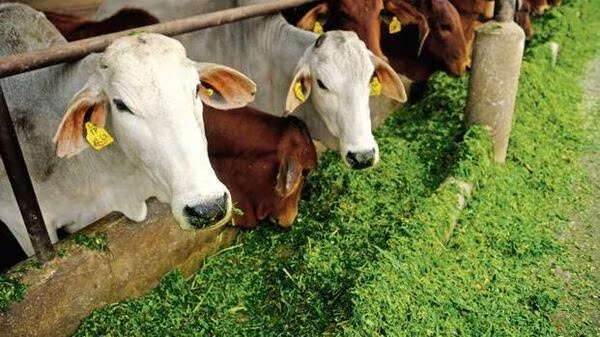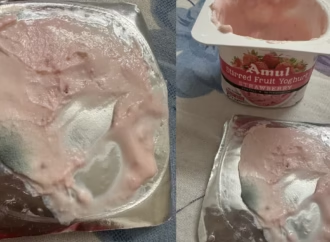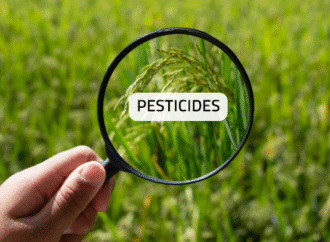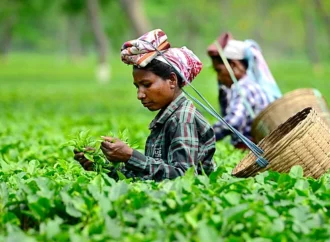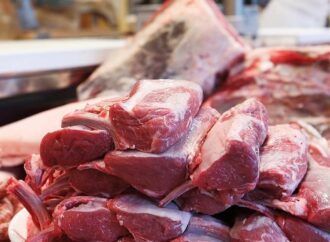The Food Safety and Standards Authority of India (FSSAI) has established Standard Operating Procedures (SOPs) for primary milk producers, including small dairy units that are not part of cooperative societies. These guidelines aim to reduce milk contamination and adulteration.
The SOPs provide detailed instructions for maintaining cleanliness, protecting the environment, ensuring safe milk production, and handling, storing, and transporting milk. The new SOPs, currently in draft form, will be implemented after stakeholder feedback.
FSSAI plans to enforce the new regulations 60 days after receiving input from stakeholders, with the notification date set for October 3rd. Under these SOPs, primary milk production involves milking without machines and delivering raw, unchilled milk or transporting it in cans directly to consumers. FSSAI’s initiative responds to the increasing cases of milk adulteration.
FSSAI Sets Hygiene and Animal Health Protocols
The SOPs mandate clean, well-ventilated cow sheds, proper housing, effective waste management, and adequate food and water for dairy animals. Dairy farms must also comply with local environmental guidelines. Additionally, FSSAI requires that milking areas remain free of animals like pigs and poultry, which could contaminate the milk. The use of aggressive, inhumane milking methods, such as oxytocin, is strictly prohibited.
Animal Welfare is Central to FSSAI’s SOPs
FSSAI stresses that milk must come from healthy animals free of systemic diseases and bacterial infections. The SOPs list specific diseases like tuberculosis, salmonellosis, anthrax, and vaccinia that can be transmitted to humans through milk. Producers must also ensure that animals show no signs of illness, including infections in the genital tract, diarrhoea with enteritis, or fever.
FSSAI Enforces Guidelines for Milk Storage and Distribution
FSSAI’s updated SOPs require that milk be delivered to consumers within 3-4 hours of milking. If not, it must be stored at 4-6°C or taken to a processing facility within four hours. These measures are designed to maintain milk freshness and further enhance food safety standards in India’s dairy industry.
Source: Livemint
 Food Manifest
Food Manifest 